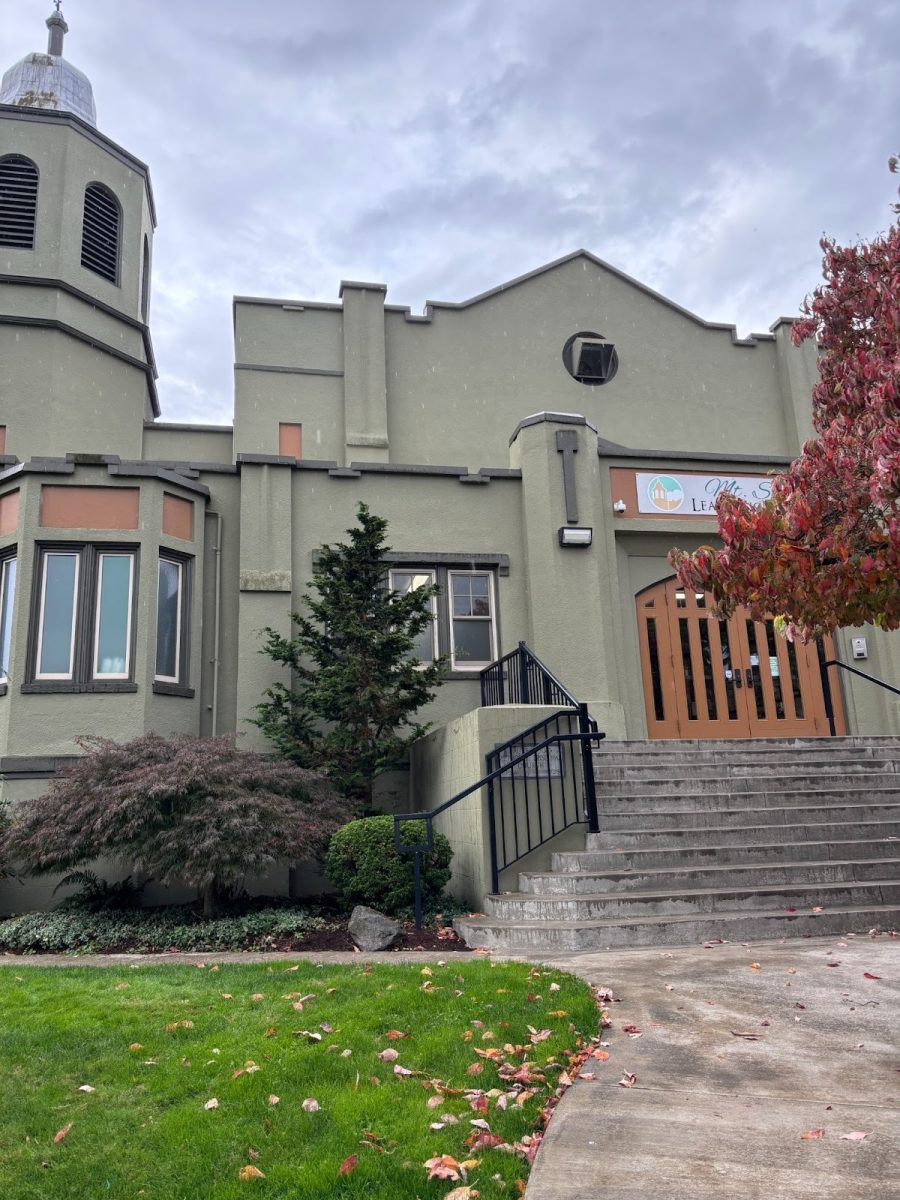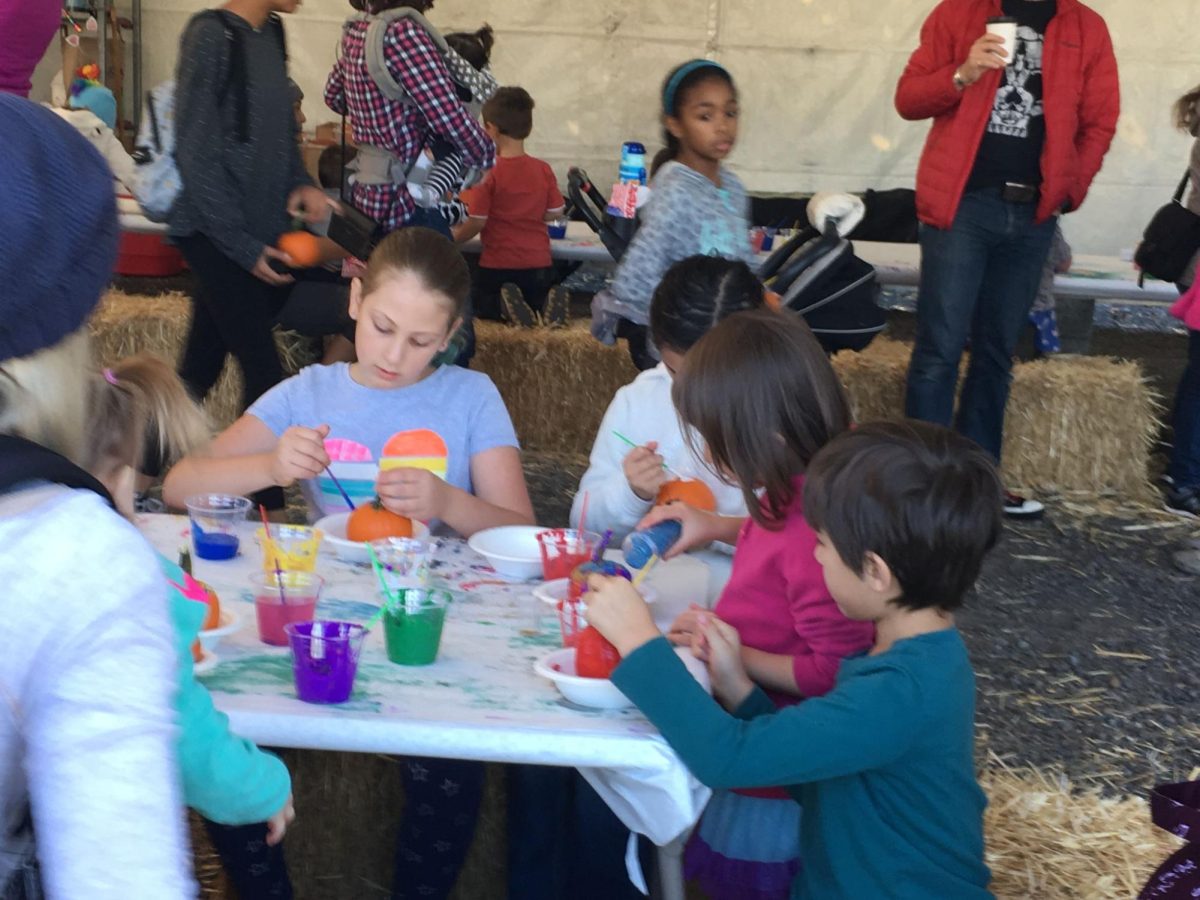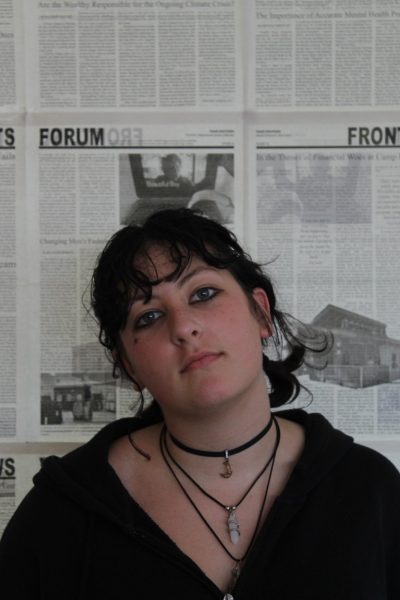Trigger Warning: Brief mention of adolescent suicide
It’s a universal truth that life cannot be fulfilling if everyone shares the same experiences and attributes. As humans, we thrive on diversity, the blending of cultures, and gaining knowledge. Our ability to garner appreciation for new things, familiarize ourselves with the unfamiliar, form bonds, and deepen our connection to our surroundings, is necessary for an enjoyable, enriched existence. That being said, humans spent years in isolation during the global COVID-19 pandemic, and for adolescents, these were crucial developmental years. With technological databases and algorithms taking over communication and how we move through the world, we live in an era of singularity, division, and individualism.
The mindset of excessive individuality is incredibly prevalent, particularly in white American society. The constitution was written upon the foundation of freedom and independence, and the “American Dream” has always singularly involved personal achievements, and the ability to attain success. Capitalism enforces a narrative of personal power, self-reliance, and self-sufficiency. Basing our idea of achievement upon these values and creating a culture of individualism means walking a dangerous tightrope, because while it is immensely important to celebrate our differences, putting pressure on individuals to do everything by themselves and not have to rely on anyone else is immensely toxic and unsustainable. We need balance, and balance comes from having a community where you are free to be yourself, but still have people to lean on, and a diverse group that you connect with. Having a connected community where everyone is included regardless of status or attributes, is, I believe, something we need to return to and emphasize. Autonomy is necessary, but we can’t let it lead to the sacrifice of belonging and to a perpetual sense of isolation.
Many of the previously established community events in Portland were felled by the pandemic, which was a huge loss for our community, and deprived younger generations of foundational experiences. One of the best examples of this was the Portland Nursery Apple Festival.
The Portland Nursery is a beloved local gardening supply and plant store that’s been a community staple since it opened its doors in 1907. Every autumn, the Portland Nursery used to host a free-entry festival, and John Sorensen, the director of marketing at the Portland Nursery, confirmed that it was specifically centered around apples sourced locally from Hood River orchards. The event was packed with activities for all ages, including pumpkin painting, face painting, apple tasting, apple cider making, caramel apples, rotating entertainment events, and a huge apple market with a diverse selection of as many as 60 varieties of apples. The festival was always a resounding success, the nearby school Glencoe Elementary buzzing with excitement and anticipation the moment the Nursery’s iconic apple balloon could be seen from the sky of the playground, signaling the event had begun.
Glencoe used to take annual school-wide field trips to the apple festival, where students could taste different apples and enjoy entertainment and festivities. As the festival came to a close, each student could pick out an apple of their own to take home free of charge. A kindergarten teacher at Glencoe, Dr. Tina Lageson, said that the event was “always one of the kids’ favorite highlights.” The event brought in a lot of different families, and worked to include those who were still learning English, broadening the scope of people able to participate in school events, seeing as it was accessible to all.
Unfortunately, the apple festival has not returned since the pandemic. Younger generations don’t know of what used to be a community staple, an event that brought everyone together for something so simple and joy-filled as autumn apples. The music teacher at Glencoe, Lisa Davidson, expressed her gratitude toward the Portland Nursery and all they have done for the community with this event, along with a hope that the community can come together to support the Portland Nursery during what has proven to be a hard time for local businesses. The Portland Nursery is fortunate — it has managed to stay in business despite the pandemic, and Sorensen expressed hope that the festival may one day return. That being said, not all community institutions and events in Portland were quite so lucky. According to an Austin American Statesman Newspaper Fact Check, roughly one-third of small businesses in the US closed due to the pandemic, and Portland took a huge hit to its communities. The Oregonian reported that “nearly 25% of unhoused people said the pandemic directly contributed to their homelessness,” and “that represented a nearly 50% increase in unsheltered homelessness and a 30% increase in overall homelessness since 2019.” People in our community are clearly struggling, and need a helping hand, but we’ve all been swept up by our own lives, hyperfocused on our own little orbit. We are living in an age frazzled with misinformation and division, where we are disconnected from each other and the world around us. We need to begin to reconnect with each other and come together, for the betterment of everyone in our community.
It’s events like the apple festival that can truly bring a community together. The National Alliance on Mental Illness (NAMI) provides some harrowing statistics about the current state of the world. “1 in 5 U.S. adults experience mental illness each year,” “suicide is the 2nd leading cause of death among people aged 10-14,” and “1 in 5 U.S adults report that the pandemic had a significant negative impact on their mental health.” We are living in a time of crisis, and having a secure and reliable community can grant belonging and support, which is crucial for psychological well-being. The National Library of Medicine fully backs this claim, reporting that “compared with those who report a positive sense of community, those with a negative sense of community had significantly higher odds of reporting depression, anxiety, and stress symptoms.”
It’s especially important for young people, such as the students at Glencoe Elementary, to take part in a connected community full of people with diverse experiences. During crucial, developmental years, children should be experimenting and forming bonds with all that surrounds them, and I shudder at the thought of a world in which all of this development happens through a screen. It’s vital not to leave behind experiences where everyone, especially young people, can learn, grow, and thrive by connecting with their community and environment. Humans would not have gotten where we are, evolutionarily, without our ability to work together and communicate with one another. We cannot let bonds and collective well-being be sacrificed for individual achievement. While recognizing what makes us different, we must also lean into what makes us similar.
Whether or not one has a supportive community they connect with is clearly correlated with one’s overall well-being. I believe that in the modern age, most of us severely lack a strong sense of togetherness and belonging, whether that be within Franklin and our often lackluster “school spirit,” within Portland and our neighborhoods where we ought to be helping each other, especially amidst the homelessness and addiction crises, or beyond. Everyone deserves a reliable support system, and to feel welcome within their community. I hope we can begin to reintroduce community events, centered around joy and inclusion, to bring us all together, because I truly think it’s something we all need.



































